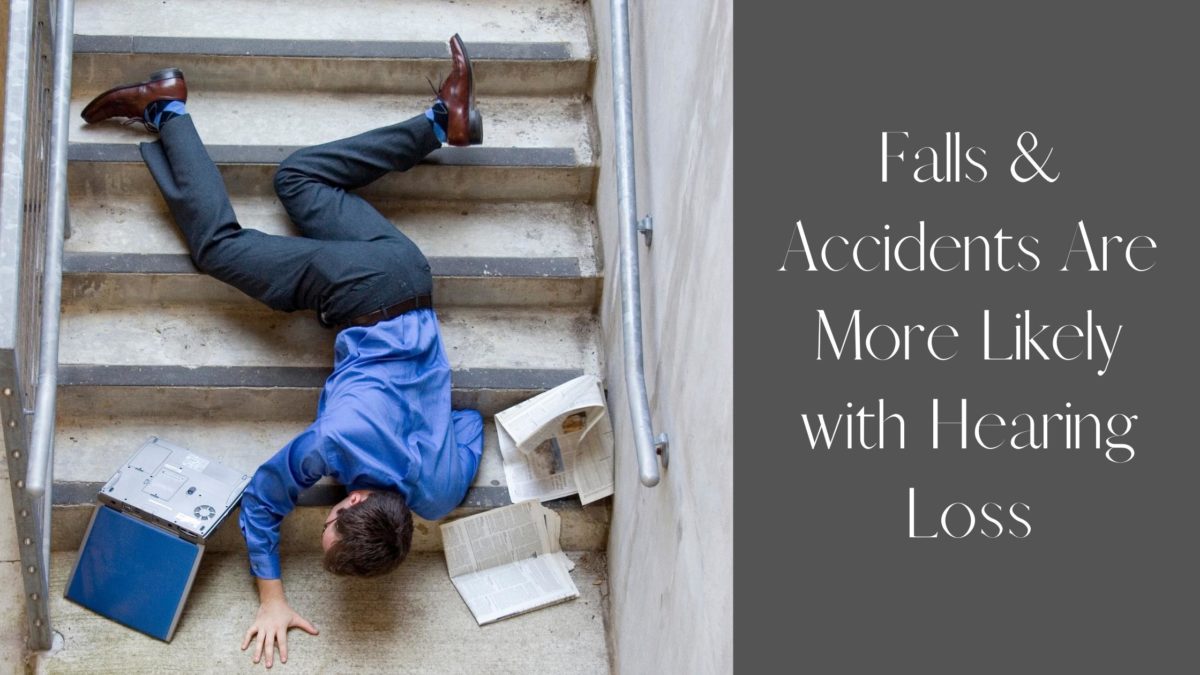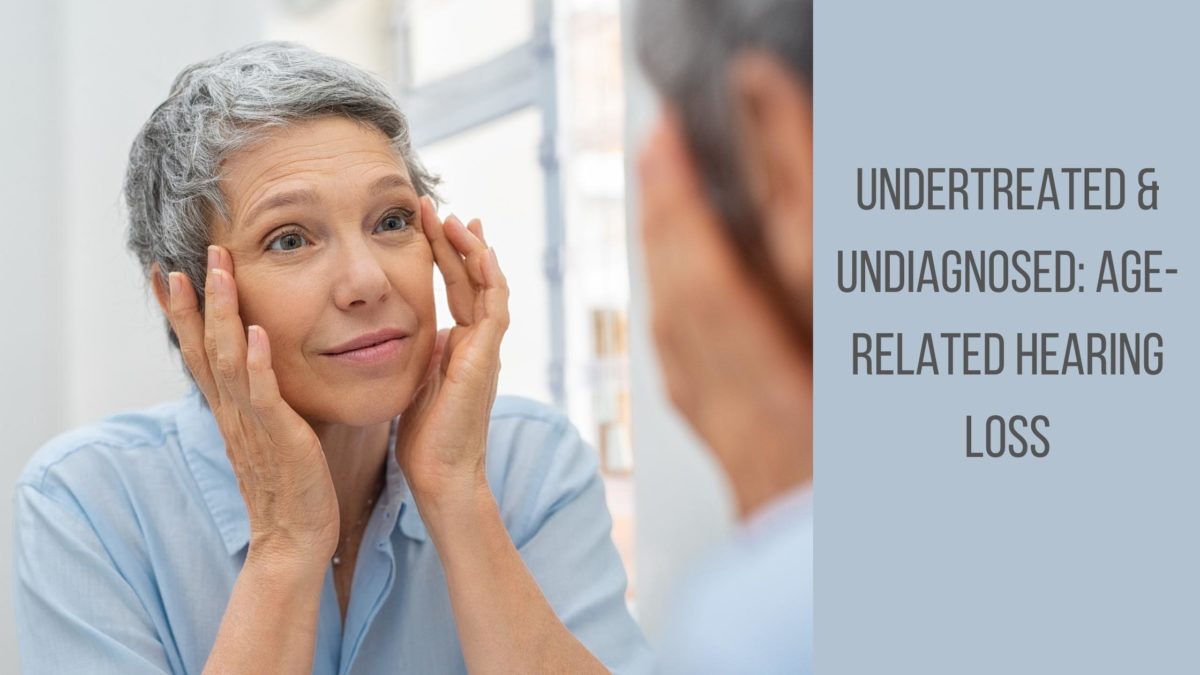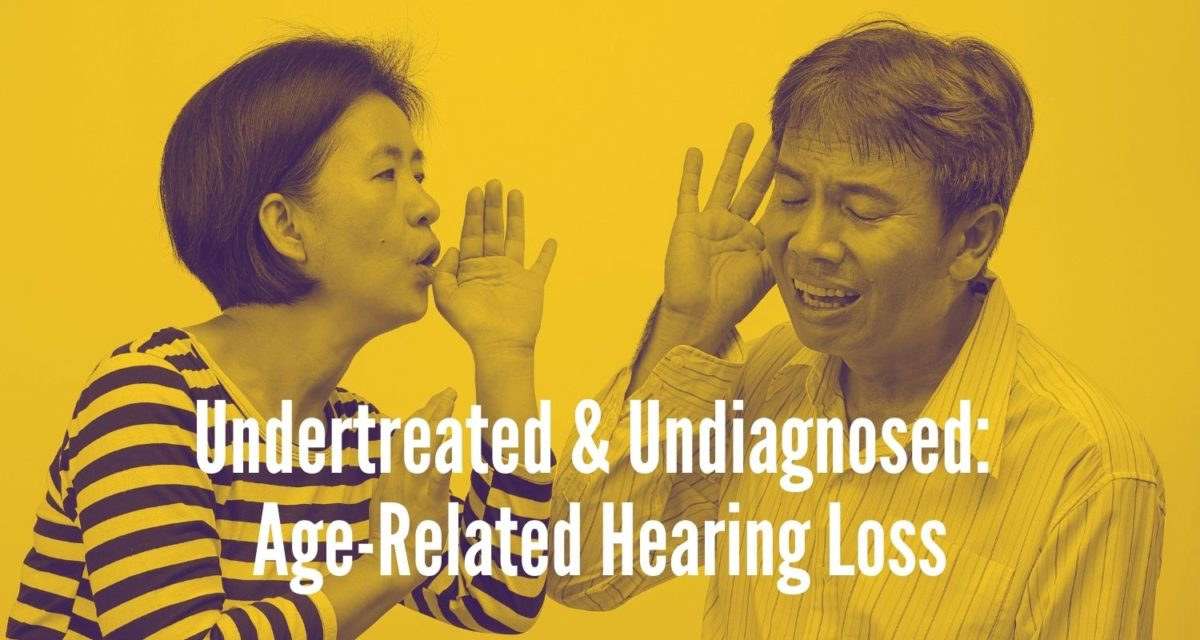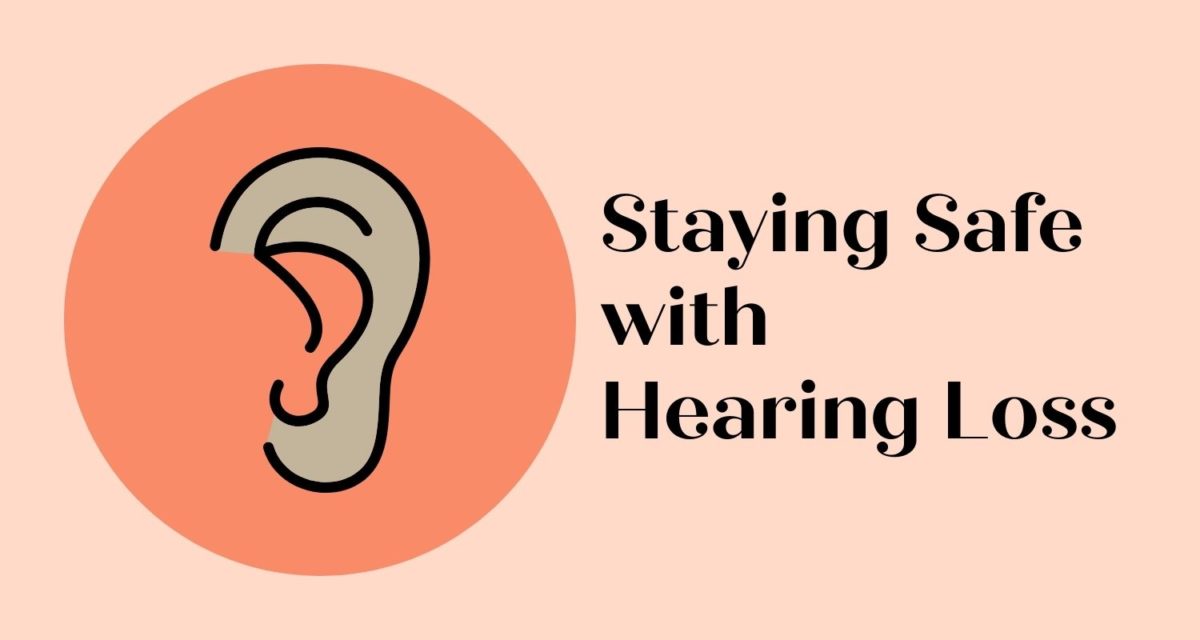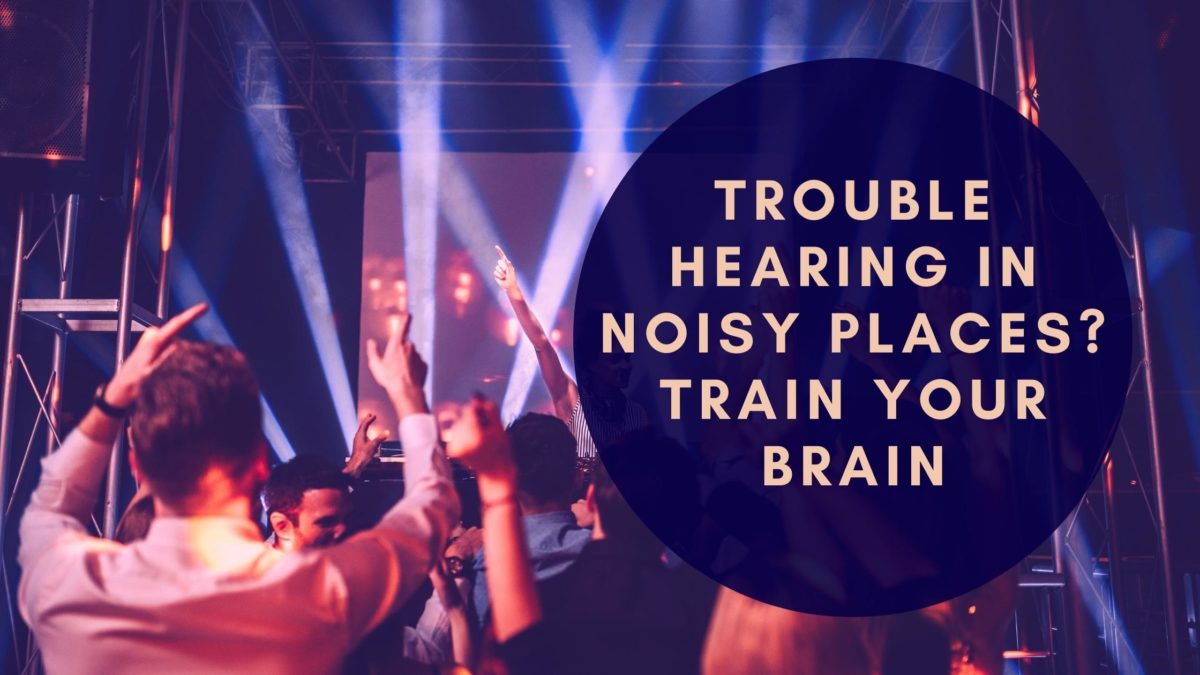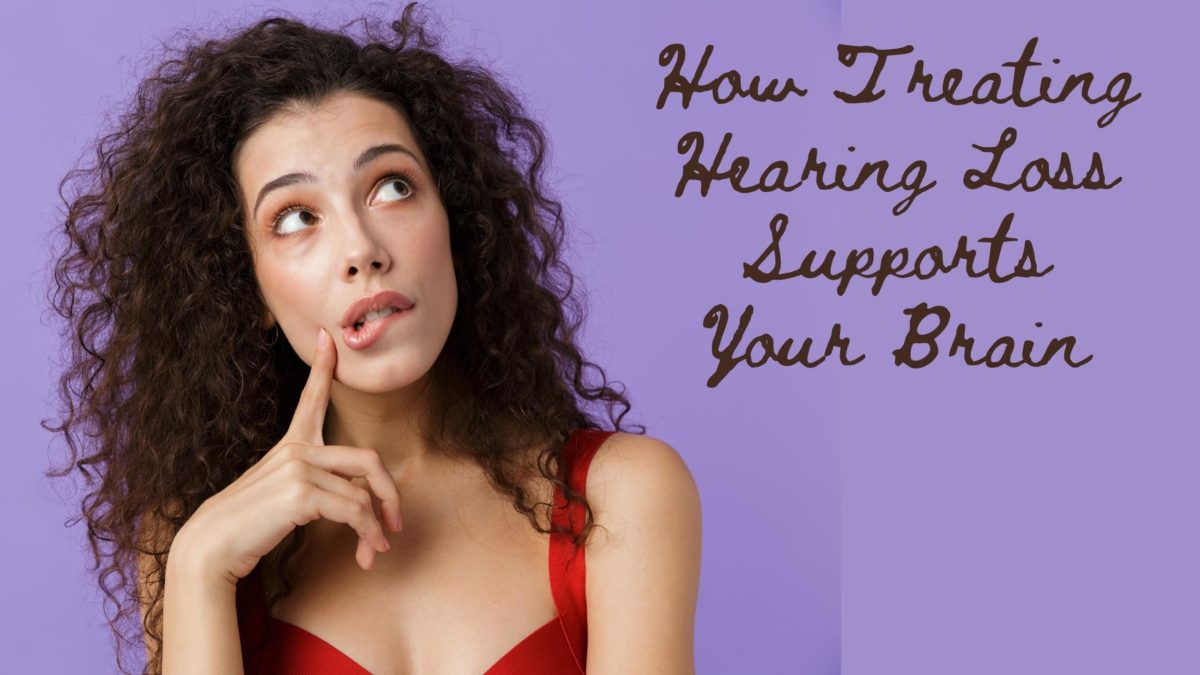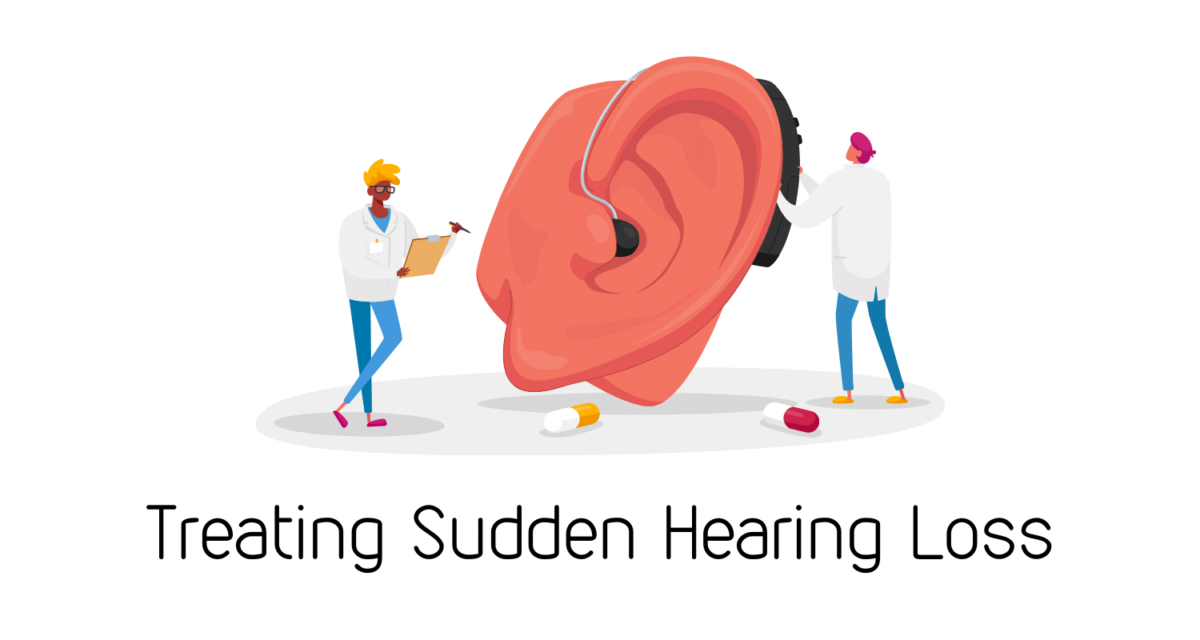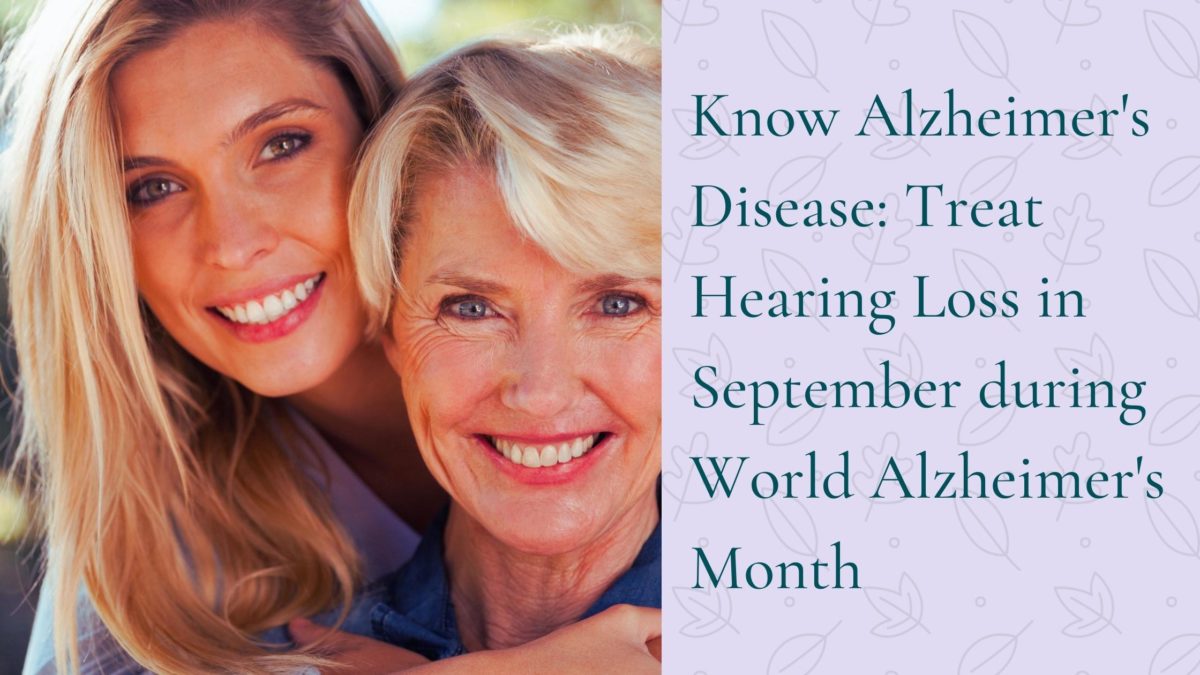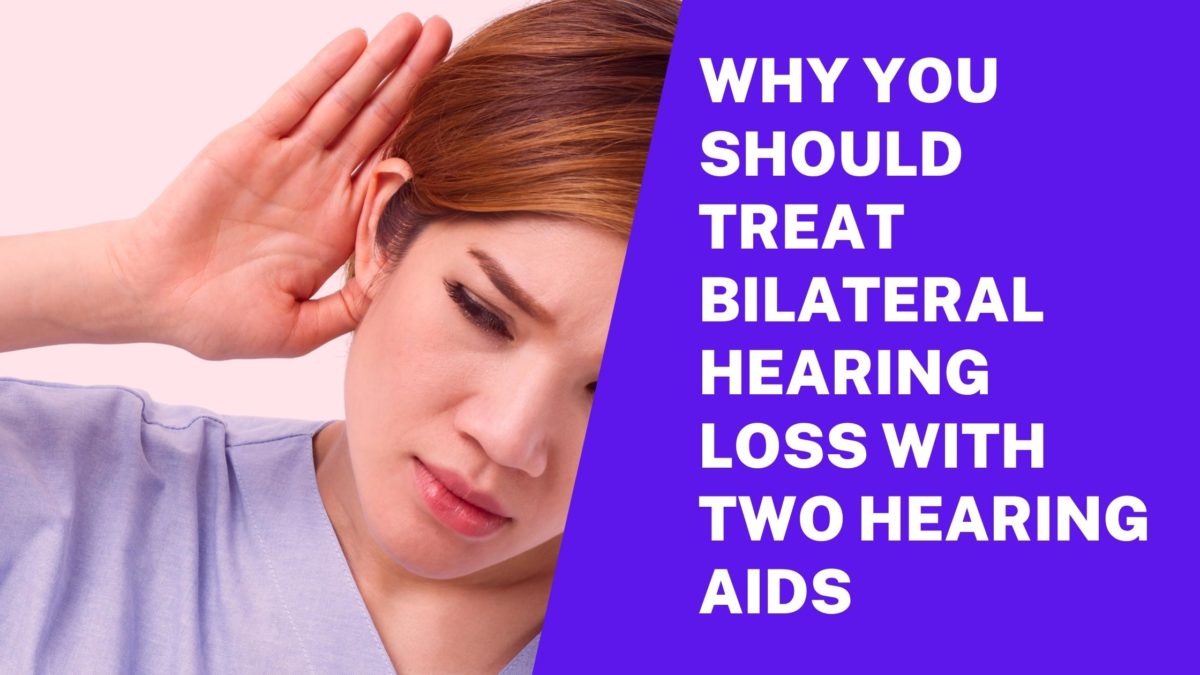In a study among people aged 40 to 69, researchers found that a hearing loss of 25 decibels triples the chance of falling. That might seem like quite a bit of decibel loss, but it is quite unnoticeable, it’s about the drop needed to take a person from normal to mild hearing loss, which is notoriously hard to self-diagnose. …
Undertreated & Undiagnosed: Age-Related Hearing Loss
Hearing loss is one of the leading chronic health conditions in the United States. And yet, less than one in five people will treat age-related hearing loss. One in eight people over the age of 12 shows hearing loss in both ears. And yet, less than 30 percent have ever used hearing aids. Even cochlear implants, a small device that …
Undertreated & Undiagnosed: Age-Related Hearing Loss
If you ask three people over the age of 65 about hearing loss, chances are at least one of the experiences it. Hearing loss affects one in every three people over the age of 65 and nearly half of the population age 75 and over. Also known as presbycusis, age-related hearing loss is a common condition that affects most Americans. …
Staying Safe with Hearing Loss
Hearing loss affects more than 5% of the world’s population, with one-third of those over 65 suffering from the condition. You have it for life once you have the most common type (sensorineural hearing loss). With that, let’s take a look at some science-backed techniques to keep your hearing in good shape for years to come. How we hear …
Trouble Hearing in Noisy Places? Train Your Brain
Building listening strategies is one of the most important things a person with hearing loss can do. Auditory training, also known as auditory training, is a structured program that teaches the brain to identify speech and other sounds that are not as clear as normal hearing. It also teaches you how to get the most out of what you hear. …
How Treating Hearing Loss Supports Your Brain
The early signs of hearing loss are easy to miss. Hearing loss is often a gradual process. You might not notice subtle changes in your hearing, like having a slightly harder time hearing on the phone or turning up the volume on the TV. However, over time these changes become more noticeable, and they will start to impact your health. …
Treating Sudden Hearing Loss
Have you noticed any sudden changes in your hearing? Sudden hearing loss can be a sign of a health emergency, and you should take it seriously. This unexpected hearing loss may signal a health concern that may require immediate attention. Let’s talk about sudden hearing loss and what you can do about it. What is Sudden Hearing Loss? As you …
Know Alzheimer’s Disease: Treat Hearing Loss in September during World Alzheimer’s Month
This month is World Alzheimer’s Month! September 2021 marks the 10th year of this global awareness campaign. Organized by Alzheimer’s Disease International, this initiative focuses on challenging the stigma associated with dementia, a chronic condition that impacts 50 million people worldwide. Dementia includes a range of medical conditions that affect cognitive functions like memory, thinking, learning, and decision making. There …
Why You Should Treat Bilateral Hearing Loss with Two Hearing Aids
If you have hearing loss, there’s very little chance it will be equal in each ear. People frequently notice that one ear hears better than the other and refer to it as their “good ear.” The results of a hearing test may reveal that this form of hearing loss is “unilateral.” Unilateral hearing loss can manifest as a diminished capacity …
A Possible Link Between Exercise & Reduced Risk for Hearing Loss
We all know that regular exercise lifts your mood, strengthens your body, and provides many other lifestyle benefits. And now, according to a recent study, instituting a regular fitness routine may also reduce your risk for hearing loss later in life. It could help prevent age-related hearing loss A study conducted at Johns Hopkins University showed a clear link between …

